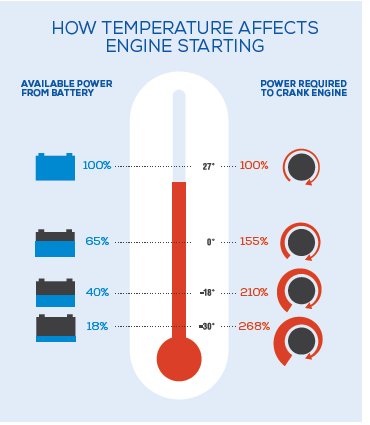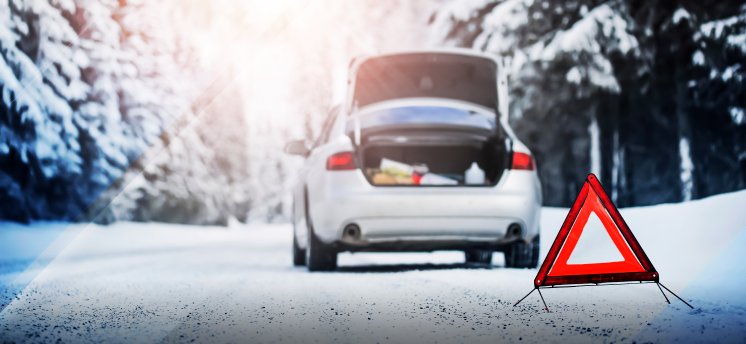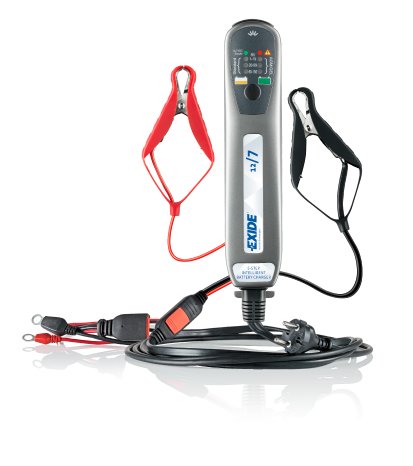- Battery failure can be prevented with the right approach to battery maintenance
- Unexpected battery failure is most common during the winter months
- Covid-19 has changed driving behaviours and is making battery breakdowns more likely
Covid-19 has changed driving behaviours. More people are working from home, and many are doing fewer and shorter journeys for business and pleasure. This is great for the environment and the amount we spend on fuel, but it can be expensive because of the increased likelihood of breakdowns.
Particularly batteries more than 4 years old can struggle – they will already have reduced capacity because of aging, and are more likely to have issues cranking the engine in lower winter temperatures if only partially charged. Car batteries work best at a temperature of 27°C. By the time the temperature falls to 0°C, even a fully charged battery has lost around a third of its starting power. Cold weather also means that more energy is required to crank the engine, creating a double effect of less available power and increased energy demand.
Electrical equipment like alarms and keyless access systems are energy consuming even when the vehicle is not in use, draining the battery when the car is off the road.
Longer journeys are key
Short journeys may not be enough to keep your battery in a healthy state of charge. The alternator ideally needs at least 15–20 km on the motorway to fully recharge the battery, so those short trips to do the groceries may not be enough. In fact, smaller trips are often bad for the battery, as they may not offset the energy cost of starting the engine and powering on-board electrical equipment during the trip. To keep your battery in a healthy state of charge, make sure you go on longer trips regularly, or consider plugging in your battery for a recharge.
When batteries enter a low state of charge their performance can be permanently impacted, increasing the chances of failure during winter.
Keep your battery charged
If you don’t have a reason to go on longer trips, a great alternative can be to use a charger such as the Exide 12/7 or 12/15. These are designed to also work as a maintenance charger once the battery is recharged, which preserves its lifespan and keeps it in a proper state of charge. Exide advises recharging your battery at least every 4–6 weeks if your vehicle is off the road.
If you don’t have access to a charger, workshops can always help. They will typically test your battery using a professional tester such as the Exide EBT965P, and will have a recharger on hand in case it’s needed. If the voltage is lower than 12.5V, measured with key off at battery terminals, the battery must be recharged straight away.
The right technology for the job
Exide Premium Carbon Boost easily handles extreme weather. It recharges up to 2 times faster than a conventional battery and offers 30% more starting power. Fast recharging means it reaches a healthy state of charge more quickly, reducing the risk of battery failure and vehicle breakdown.
Exide AGM and EFB batteries also offer excellent performance in cold weather. Designed in Exide’s original-equipment business for leading European carmakers, they provide exceptional electrical performance and were specially designed to support the start-stop powertrain. EFB batteries can also be used in conventional cars without start-stop powertrains for additional electrical performance. Of course, regardless of what battery technology you use, the right approach to maintenance will preserve battery lifespan.
Tips for a healthy battery this winter:
• Make longer journeys of at least 15–20 km regularly to keep the battery in a healthy state of charge
• Recharge your battery every 4–6 weeks to keep it in optimum condition if your vehicle is off the road
• Do not let your battery voltage drop below 12.5V
• High-performance batteries offer reduced risk of breakdowns
Trademark notice
Exide, Exide Technologies and Carbon Boost are registered trademarks of Exide Technologies.



